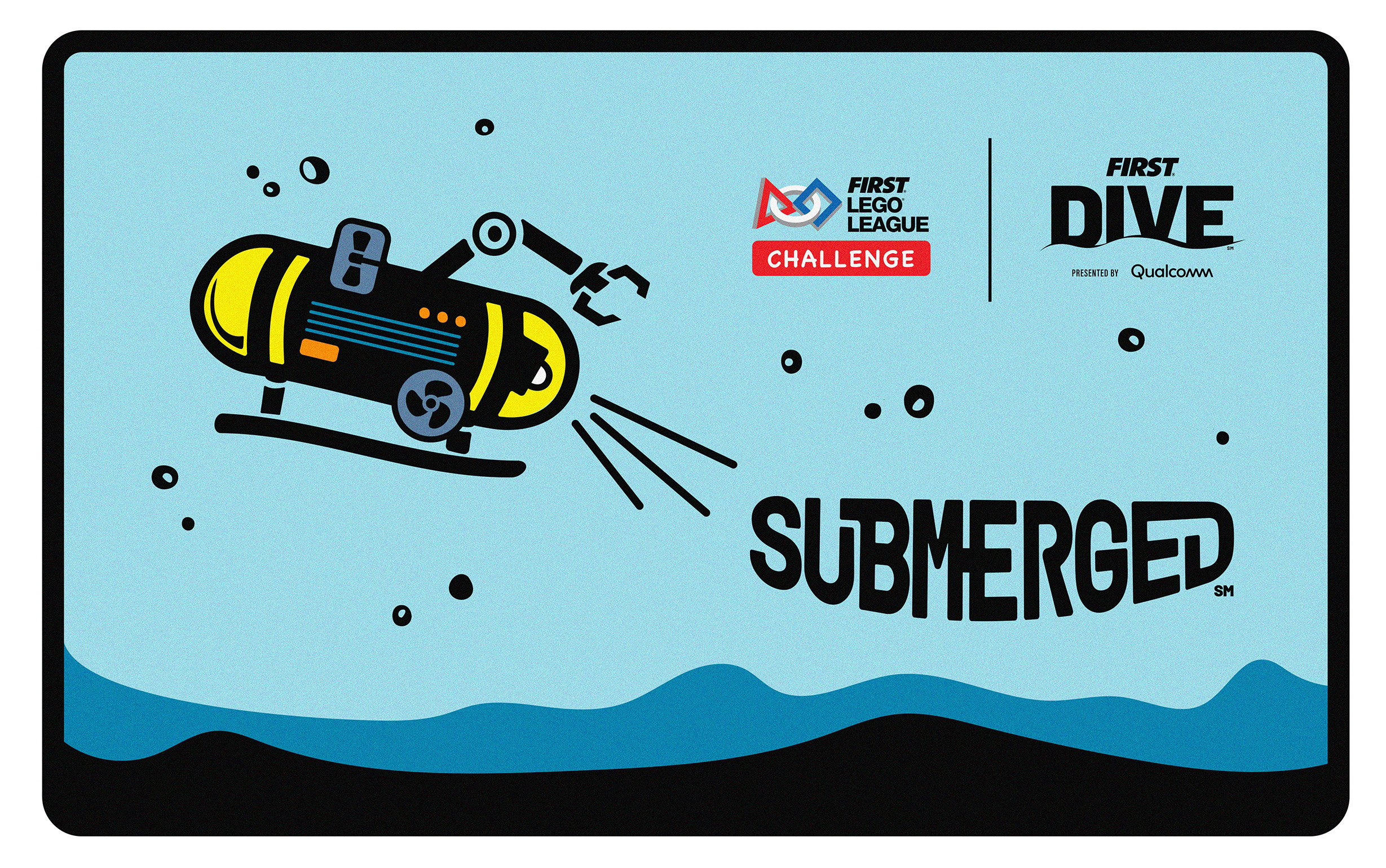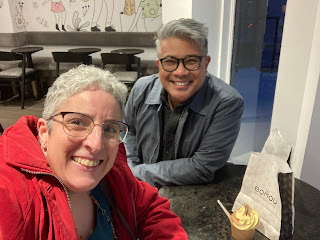I was originally going to call this post "25 down, 15 to go" but the numbers were changing too drastically from day to day to make it accurate.
It always takes me a while to calm my mind and body when school is not in session. Often, this shift results in me getting ill, but thankfully I have not succumbed to any viruses or bacteria. I was well enough to attend Mass on Christmas Eve, unwrap presents on Christmas Day in the morning, and host my parents for dinner later on Christmas Day.
The holiday is a time to rest and recuperate, but it is also a time to get caught up on some tasks. I've made myself a to-do list on the whiteboard in my basement; I try not to look at it too long because it's rather long.
One of the jobs I need to complete is to read all the Forest of Reading 2025 nominees. I did not bring home the ten Blue Spruce books, but I carted home the Silver Birch Express (10), Silver Birch Fiction (10), Yellow Cedar (10) and Red Maple (10) books, with the goal of completing them all in two weeks (ergo the mysterious "40 in 14" title for this post).
What's the rush? According to my school board's policy, if a school wishes to participate in a recreational reading program, an adult in charge must have read the books beforehand, so that he/she/they are aware of all the titles and any potential content concerns. For me, I have another, more pressing reason: the students will be demanding to get their hands on our copies of the nominated books ASAP so I need to be ready for the onslaught! In fact, here's a photo of a particular student at my school - ever since the first week of school, he's been asking when the Forest of Reading program would begin. He also has been carrying around his old reading passport from 2023 as a treasure or trophy.
I received the shipment of books on the last few days of school, so I haven't had the opportunity to read them uninterrupted beforehand. One of my hidden talents is that I can read rapidly. I was a voracious reader when I was a child and I need the speed in order to be ready for January 2025.
My friend Wendy, a fellow teacher-librarian, was curious to hear about which titles have captured my attention so far. At the risk of prejudicing any of the readers in my school (since I know some students read my blog), some of the books I've read that I've enjoyed have been:
- Lost and Found: A True Story (it reminded me of some of my students)
- Odd Couples (loved the illustrations and had me guessing about the connections)
- The Cricket War (a powerful refugee story)
- Mortified (how much humiliation can one character take?)
- Welcome to AI (timely and a good fit for two of my upcoming workshops)
- Whales and Us (mirrored so much of what our First Lego League team researched/learned!)
- Operation Cupcake (wish I had this book when I was teaching about simple machines)









.JPG)
.JPG)






































.JPG)











